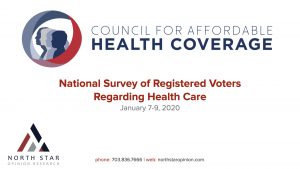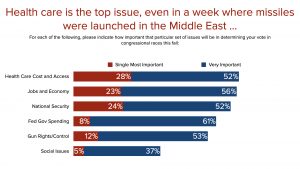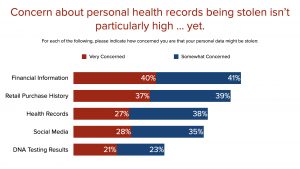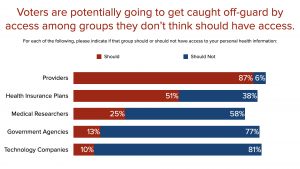Whit Ayres’ comments in The Philadelphia Inquirer regarding campaigning with significant mail-in balloting:
Whit Ayres, a Republican strategist who has worked on many races in Florida, where mail voting is prevalent, said it “complicates life enormously” for campaigns, “because you need to start advertising earlier, start getting out the vote earlier, but then you need to extend those efforts all the way up through Election Day.”
But other Republicans worry that Trump’s diatribes could hamper GOP turnout.
“It’s a concern that trashing the idea of mail voting is going to suppress Republican votes,” Ayres said. “Republicans could be leaving a whole lot of votes on the table if they discourage their own supporters from voting by mail.”
To read the full article, please click here.



